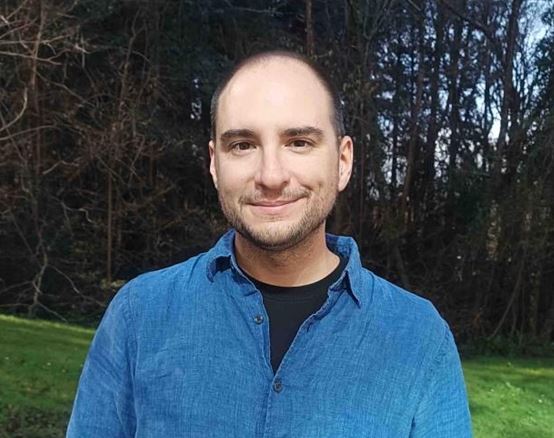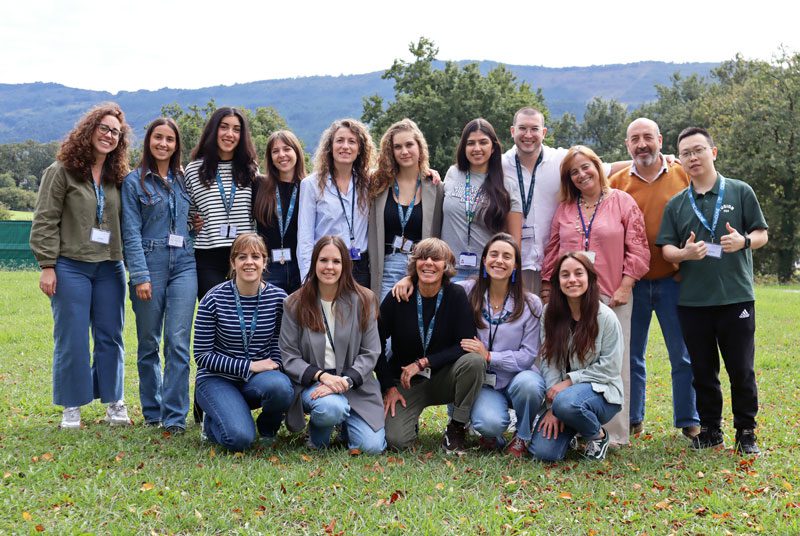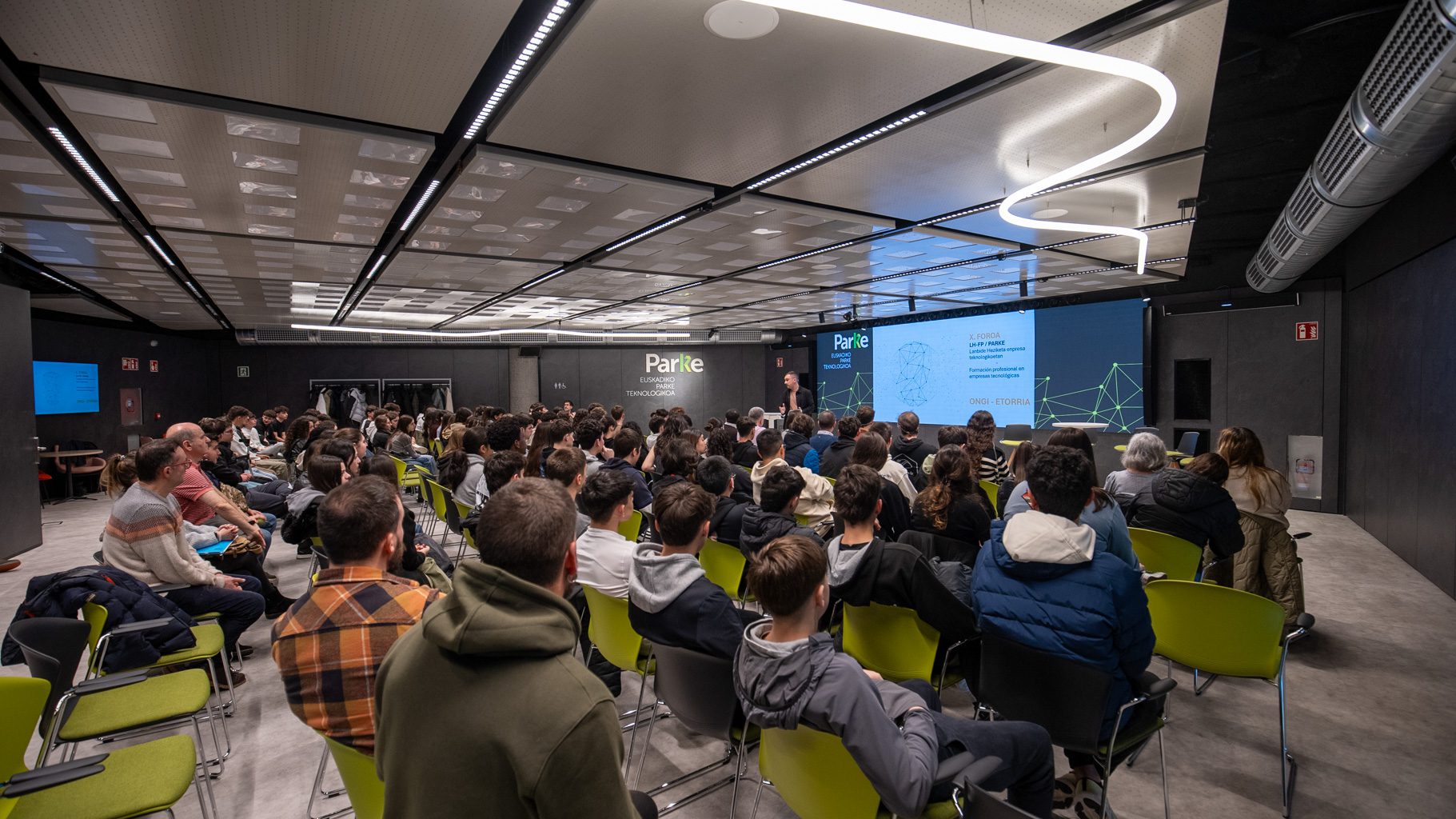New BCBL research group to study how the brain infers reality

The team, led by Ikerbasque researcher Alejandro Tabas, will focus on explaining the “perceptual inference” of spoken language.
Understanding the mechanisms and neural connections behind this complex process may have social and clinical implications.
Perceptual inference is the brain’s silent work to give stable and robust meaning to the noisy and incomplete sensory information around us. Understanding this complex process and the neural mechanisms involved is a fundamental question of 21st century neuroscience.
With the aim of deepening our knowledge in this field, the Basque Center on Cognition, Brain and Language (BCBL) has, since this year, a new research group led by Ikerbasque researcher Alejandro Tabas.
“Human beings do not have direct access to the reality that surrounds us. All we experience are internal representations of that reality. Understanding the process that transforms what reaches our senses into these representations will bring us a little closer to this inaccessible reality and help us to understand to what extent our internal representations reflect what surrounds us,” explains Tabas.
In a conversation, for example, the brain infers concepts that work on different time scales: from the milliseconds it takes for a phoneme to be pronounced by our interlocutor, to the minutes it takes to understand the subject of the dialogue, to the seconds it takes to distinguish the accent or hear the complete sentence. “These processes are interconnected and are indispensable to know, for example, if the sentence is to be interpreted ironically,” adds the expert.
One of the most ambitious goals of the new group at the research centre is to explain perceptual inference in spoken language.
“The majority opinion in the field is that inference develops in the areas of the brain dedicated to abstract processing: in the cerebral cortex. Our group, however, argues that inference processes are ubiquitous in the sensory brain. Primarily, we believe that subcortical stages, which are the only ones capable of operating at millisecond timescales, are crucial for inferring spoken language,” stresses the leader of the new BCBL group.
Social and clinical applications
According to Tabas, understanding the brain mechanisms involved in perceptual inference can have different social and clinical applications.
In the first case, having a scientific basis on this process can help, with the right techniques, to abandon single-minded and non-inclusive discourses and to adopt a more tolerant attitude towards other cultures.
“In order to infer what surrounds us, the brain makes use of what we have learned during our lives. For this reason, it is an inevitably subjective process and gives rise to cognitive biases that are harmful to coexistence and democracy. Understanding how each individual’s personal history affects their perception of reality would help us design strategies to mitigate these biases and provide us with a scientific basis for understanding why people from different cultural backgrounds have such different beliefs and ways of seeing the world,” explains the researcher.
Furthermore, this knowledge of how the brain infers the sensory world is also a necessary prerequisite for understanding the clinical conditions in which it fails.
“The hallucinations characteristic of psychosis and the inability to distinguish certain graphemes and phonemes, which affect people with dyslexia, are classic examples of failed inferences,” says Tabas.
To meet these challenges, BCBL is looking for pre-doctoral and post-doctoral profiles to complete the team led by Alejandro Tabas.
On the one hand, the group needs people with mathematical and modelling backgrounds, who have studied, for example, artificial intelligence, physics, mathematics, statistics, computer science or engineering, and who have a demonstrable interest in understanding the human brain; and, on the other hand, people with cognitive neuroscience backgrounds, who have studied, for example, neuroscience, biology, cognitive science or experimental psychology, who have an interest in computational models and who would like to expand their mathematical background.
All information about the open selection processes is available in the job offers section of the BCBL website.




